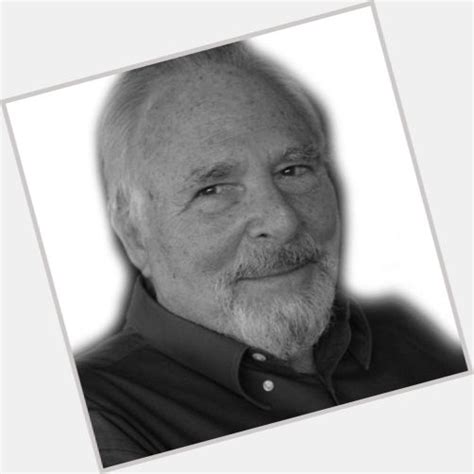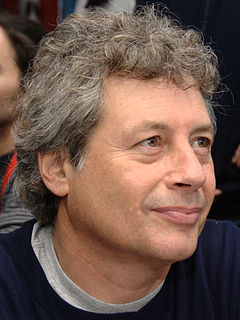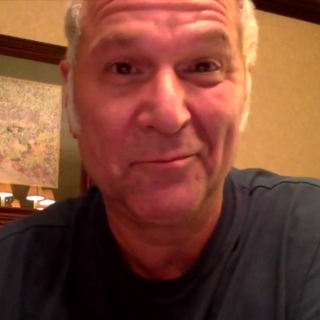A Quote by Tim Burton
I have a problem when people say something's real or not real, or normal or abnormal. The meaning of those words for me is very personal and subjective. I've always been confused and never had a clearcut understanding of the meaning of those kinds of words.
Related Quotes
It is very easy to say that your opponents have been guilty of a breach of faith, but it is a great mistake to splash the paint about so freely that your words cease to have any real meaning and cease to carry any sense of affront even to those to whom they are applied and cease to bear any connection with any genuine feeling of indignation on the part of those on whose behalf they are spoken.
I have a problem with writer/directors, personal. I can't work well with both of them on the set, if both of them are giving instructions. Writers tend to be in love with what they wrote. You can't always translate the words into the meaning, sometimes the meaning is better served without the words, difficult to make a writer to try to understand that. It gets, sometimes, tense.
Men of the world who value the Way all turn to books. But books are nothing more than words. Words have value; what is of value in words is meaning. Meaning has something it is pursuing, but the thing that it is pursuing cannot be put into words and handed down. The world values words and hands down books but, though the world values them, I do not think them worth valuing. What the world takes to be values is not real value.
My art, what do you want to say about it? Do you think you can explain the merits of a picture to those who do not see them? . . . I can find the best and clearest words to explain my meaning, and I have spoken to the most intelligent people about art, and they have not understood; but among people who understand, words are not necessary, you say humph, he, ha and everything has been said.
One listens to a piece of great music, say, and feels deeply moved by it, and wants to put this feeling into words, but it can't be put into words. That's what - the music has already supplied the meaning, and words will just be superfluous after that. But it's that kind of verbal meaning that can't be verbalized that I try to get at in poetry.
Rebecca was an academic star. Her new book was on the phenomenon of word casings, a term she'd invented for words that no longer had meaning outside quotation marks. English was full of these empty words--"friend" and "real" and "story" and "change"--words that had been shucked of their meanings and reduced to husks. Some, like "identity" and "search" and "cloud," had clearly been drained of life by their Web usage. With others, the reasons were more complex; how had "American" become an ironic term? How had "democracy" come to be used in an arch, mocking way?






































